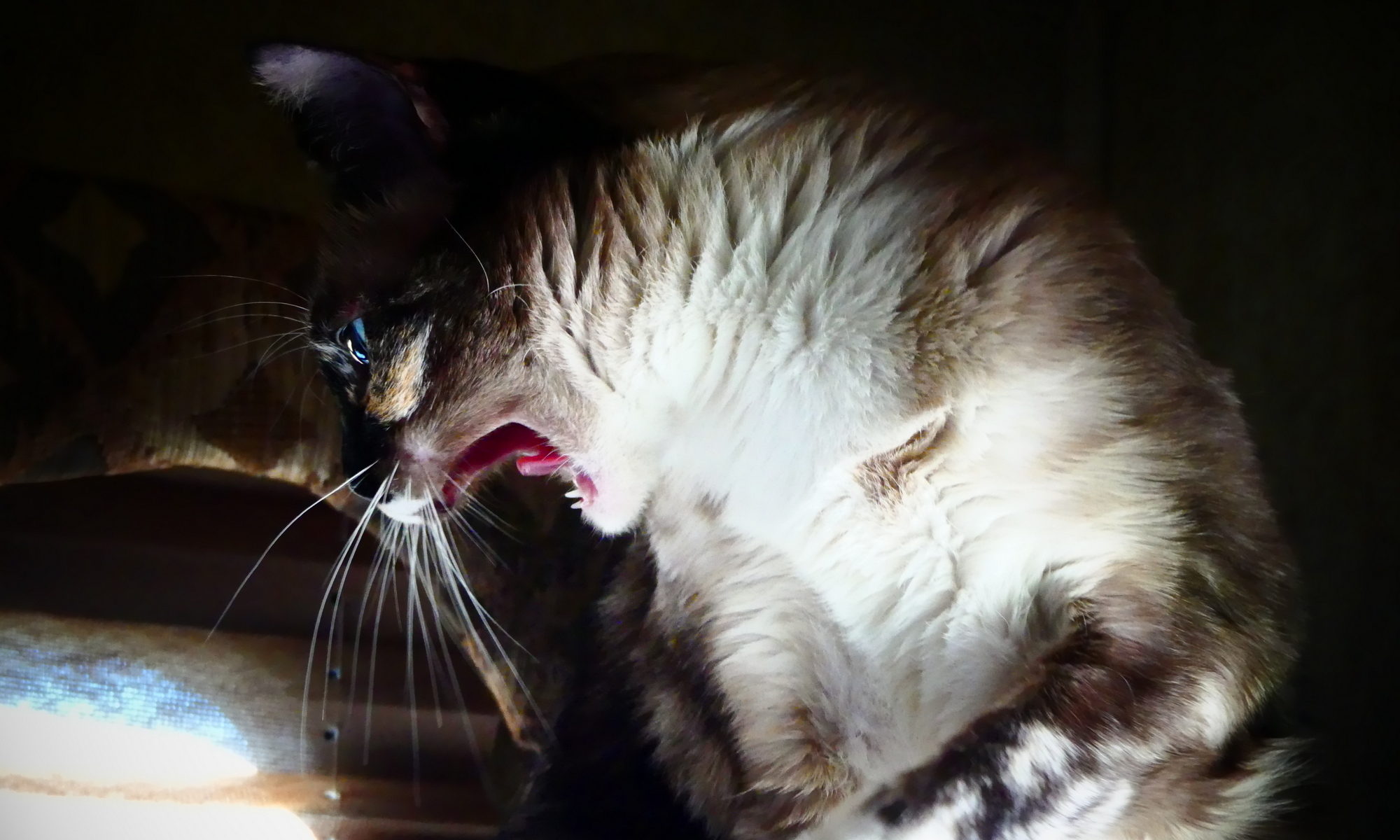“Inglorious basterds” – (153 minutes, USA 2009)
By now, most everyone reading this is likely to know what this movie’s storyline(s) is (are): a group of Jewish American soldiers led by Lt. Aldo Raine (Brad Pitt) operating in occupied France during WWII, spreading terror amongst Germans, by using unconventional methods. Scalping, beating with baseball bats, etc.
There is another arc involving Shoshanna Dreyfus (Melanie Laurent), sole survivor of a Jewish family hiding at a neighbor’s farm in France, massacred by colonel Hans Landa (Christopher Waltz) and his men.
Both arcs converge towards a final conflagration at the cinema run by Dreyfus under a different name toward the end of the war.
Watch the trailer:
There have been times, in other films, when Quentin Tarantino had me laughing out loud, or really involved in the action. He reportedly said he would be interested in directing a James Bond film, and I would look forward to that. But there are enough issues with “inglorious basterds” that I wish I could have the 2 ½ hours from my life back.
It’s actually closer to 3 hours, seeing that I had to replay certain scenes as it stopped making any kind of sense to me.
I read in some critical reviews that the violence and brutality was such that the reviewer(s) felt sorry for the German soldiers. The scalping of dead soldiers? The beating to death of another with a baseball bat? Really? This points to a failure on both parts, to me: let’s remember German troops decimated entire villages in countries they occupied in retaliation for attacks by resistance movements. “Inglorious basterds” shows precious little of that, however.
Tarantino’s depiction of what the basterds did does not begin to equal what the Gestapo and SS did by a long shot. But then, perhaps some people draw a distinction he does not between the Wermarcht and the SS and Gestapo. No matter.
Eli Roth I felt was miscast as Sgt. Donny Donowitz, “the Jewish Bear”. The actor playing Hugo Stiglitz would have been better. But then Brad Pitt and his inconsistent accent (his character is supposed to come from Tennessee) wasn’t all that inspired either, actually looking… Constipated throughout. There is a saying about grabbing the viewer/reader’s attention right off the bat (no pun intended), with the first scene or lines of a film or book.
The first chapter of “inglorious basterds”, since Tarantino decided to use the chapter format again, introduces Hans Landa, during his “visit” of a French farm, looking for a Jewish family in hiding. The dialogue is well written, Christopher Waltz delivers the lines well, but it’s clearly not the best scene Tarantino’s ever written, and it probably would have benefited from more close up shots.
As it is, I feel that what Tarantino was going for was for the audience to see Landa as a boa constrictor, slowly coiling around the farmer he questions, until he squeezed truth and tears out of him.
As a display of psychological violence, I found it lacking in that the scene did go on too long, and that Waltz as Landa lacked any form of “glee” that I could recognize. Hannibal Lecter, he’s not. Far from it. It felt to me as though Tarantino was actually holding his punches, perhaps because the material was rooted in history, and I suspect, Tarantino actually may be burnt out on violence not just in its physical forms but also in its psychological aspects. Some of you I hear go: “What-the-f***?!?”
Here I suspect there may have been more conflict off screen than on.
“Inglorious basterds” opening scene also features music by Ennio Morricone, and as the movie is intended as an homage to Spaghetti Western, that would seem to make sense. Except I began to disconnect right then and there instead of being pulled in. It didn’t belong there. I didn’t time how long it took Landa and his men to reach the farm, but I had to get up and start a pot of coffee.
And so it went on and on and on.
Tarantino I think gets blamed and praised for the same reasons: his reverence and references to the movies. And many of the reviews I’ve read of “inglorious basterds” tend to swing between extremes. I do wonder whether this film is a turning point for him, seeing how he wrote the two female characters (Shoshanna Dreyfus and Bridget Von Hammersmark, played by Diane Kruger) and what happens to them…
As it is, I hope his next choice of material will suit him better. If you’re even on the fence about Tarantino, skip this one, and watch, say “army of shadows” by Melville instead. But if you’re a fan… Well you’ve already seen and loved “inglorious basterds” by now, haven’t you?
I’m giving “inglorious basterds” one jellybean for ambition.



